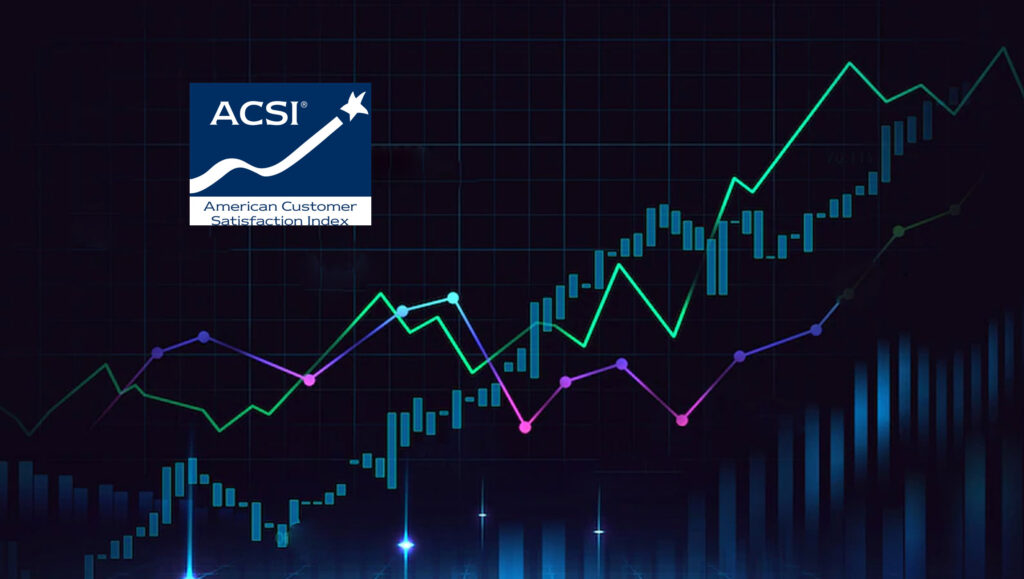Overall customer satisfaction in the United States continues to decline. It is now at a troublesome low, slipping 0.5% to 73.3 (out of 100) in the fourth quarter of 2021 – a level not seen since 2005 – according to the national American Customer Satisfaction Index (ACSI).
Read More: Expansive Growth In Online Shopping Drives A 56%+ Increase In Retailers’ Returns
“COVID-19 has obviously played a role in recent satisfaction slumps. However, since both the flattening and subsequent decline in customer satisfaction began before the pandemic appeared, there are several factors at play”
For perspective, consider the historical data: During much of the 1990s, there was a sharp decline in customer satisfaction, but as businesses began to realize that customer loyalty was often contributing more to profits than increased market share, there was a shift toward a greater focus on customer satisfaction. Accordingly, ACSI increased sharply over many years.
However, as companies modified their attention and resources from customer satisfaction as a key performance indicator (KPI) to other key measures and devoted more effort to enhancing “the customer experience,” the rate of customer satisfaction improvement slowed, then flattened, and subsequently turned negative.
ACSI has declined sharply since 2018, falling nearly 5%. Because ACSI is an indicator of the quality of economic output, this is problematic with respect to economic growth, corporate profitability, consumer utility, and inflation.
“COVID-19 has obviously played a role in recent satisfaction slumps. However, since both the flattening and subsequent decline in customer satisfaction began before the pandemic appeared, there are several factors at play,” said Claes Fornell, founder of the ACSI and the Distinguished Donald C. Cook Professor (emeritus) of Business Administration at the University of Michigan. “The most important is deteriorating quality, as judged by consumers. While widespread, it’s most pronounced in services. Due to the pandemic, the problem has been amplified by a lack of product availability, supply issues, and labor shortages.”
Nevertheless, households have had money to spend, leading to strong economic growth in 2021. In fact, demand has been greater than supply, which caused a reversal of power in the buyer-seller relationship – something that is neither desirable nor sustainable for a healthy economy. Companies are supposed to compete for buyers, not the other way around.
Read More: SalesTechStar Interview with Brad Copeland, Vice President of Sales at Productsup
ACSI tracks quality, as experienced by the consumer, as well as satisfaction. Quality has dropped 5.2% since 2018, including a decline of 3.3% since 2020. Changes in quality are important for determining inflation. The consumer price index (CPI) is adjusted for quality changes but only for a small fraction of the included products and services. ACSI measures quality for all 47 industries it tracks. According to the Bureau of Labor Statistics, inflation is up by 7.5% on an annualized basis, somewhat higher than the annualized GDP growth.
So, why are customers so dissatisfied with the economy and with the products/services they buy? Much of the answer lies in the difference between the quantity of economic output and the quality of economic output. GDP is mostly about the former, ACSI is mostly about the latter. In all probability, inflation is even higher than 7.5% if more fully adjusted for quality decline. ACSI quality data suggest that actual annualized inflation is probably about 10% at this juncture. That would put its increase greater than that of both GDP and wage growth – not a sign of a healthy economy.





















